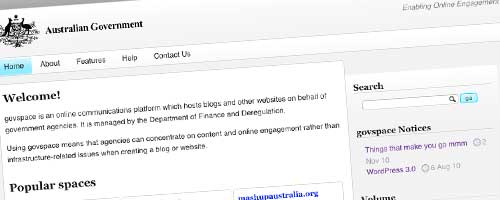In an answer (ahem) to a PQ from Tom Watson today, Francis Maude announces that only three requests for new .gov.uk domains have been granted since the new government took office in May 2010. These were:
- alpha.gov.uk (which you might have heard of)
- childrenscommissioner.gov.uk (replacing thechildrenscommissioner.org.uk)
- education.gov.uk (replacing dcsf.gov.uk, reflecting the Department’s change of name)
OK, but strictly, that’s not what Tom asked: the question was about ‘requests for the creation of new websites’, not new domain name registrations. What an unfortunate mix-up! – which I think we all saw coming. And yes, for the record, the remit of the Efficiency and Reform Group was for ‘new websites’, not new domains, as this press release from June 2010 makes quite clear.
Even so, the response still fails to quote a total number of requests (for whatever you choose to define as a ‘new website’) made to the ERG, citing – guess what? – ‘disproportionate cost’. Really? Doesn’t sounds like their filing system is tremendously efficient, does it.
[Historical footnote: I think it was Alan Mather who came up with the first Big Scary Number of government websites – this blog post from 2003 quoted a count of 2,643 domains, which was frequently – and wrongly – cited as being 2,643 websites. But even in that same post, I see Alan uses the words ‘domains’ and ‘sites’ interchangeably.]


